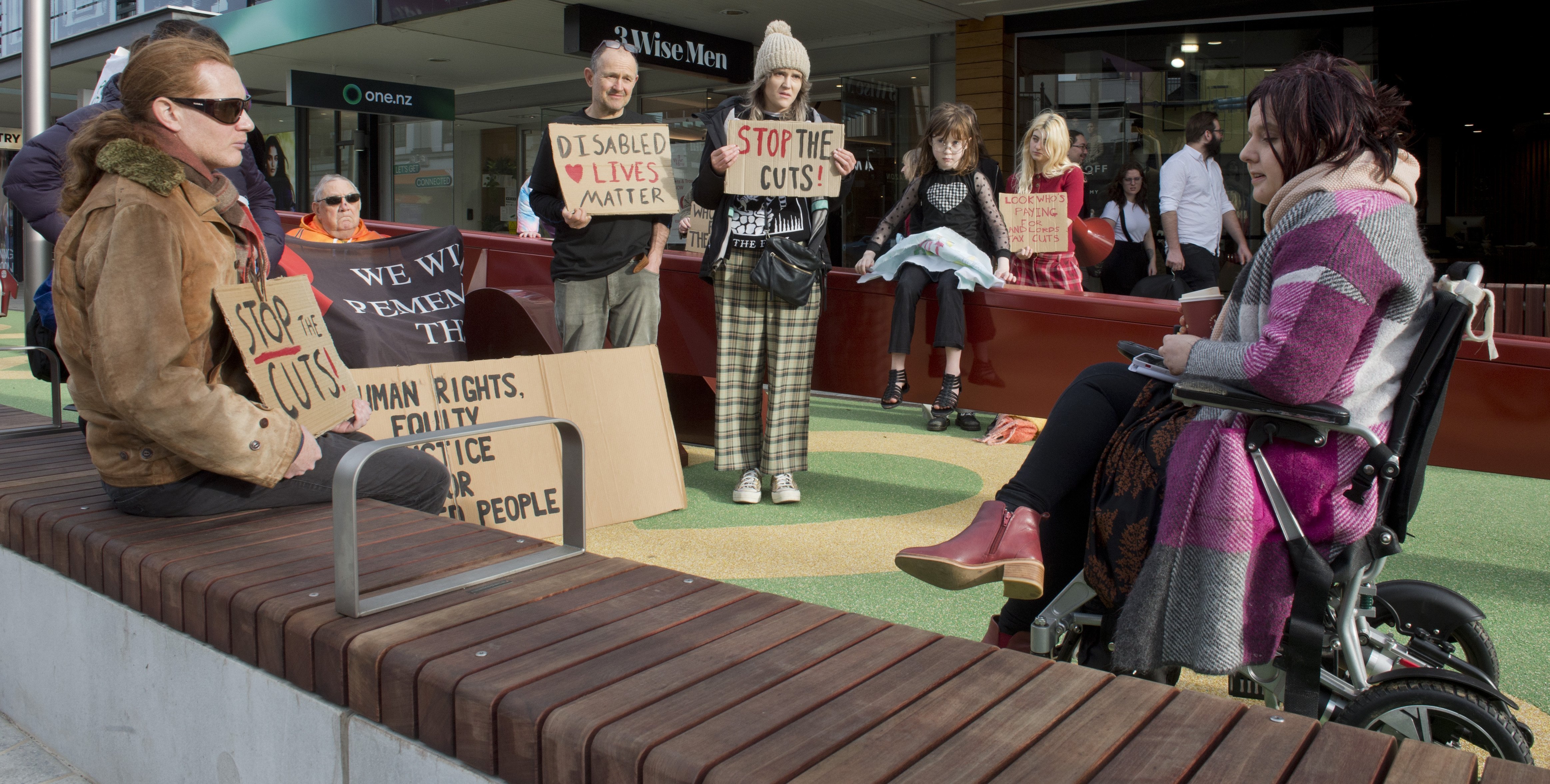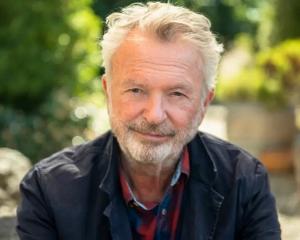
People with disabilities and advocates for the sector wanted reassurance government funding would be both sufficient and accessible in useful and empowering ways.
They gathered on Saturday at the recently opened George St play space after two previous protest marches in the city.
Saturday’s protest was designed to be more accessible and comfortable for everybody, including for neurodiverse people more at ease in a calm sensory environment.
The protests have been held since changes were made to disability support purchasing rules in March amid budget pressures.
This was viewed by the sector as inhibiting funding flexibility established since the Covid-19 pandemic struck.
An independent review has since been announced into disability support services funded by Whaikaha Ministry of Disabled People and the government’s Budget last week included a five-year $1.1 billion funding boost.
As things stand, there are no plans to reverse the changes to purchasing rules.
Protest organiser Amy Taylor said it was unclear how the $1.1b might be spent.
"It’s difficult to say what the money means", Dr Taylor said.
The government had earlier reverted to a prescriptive model and "cut the flexibility to the point where we can’t spend our funding", she said.
Dr Taylor, who is also a wife and mother, said support was structured in a way that created a disincentive for people with disabilities to form relationships.
Disabled Persons Assembly policy adviser Chris Ford said there was relief about the funding package, but flexibility for how disability support was provided was still missing.
Dunedin city councillor Mandy Mayhem said one in four people had a disability and in many cases disabilities were hidden.
"We need to support our most vulnerable", she said.
Disability Issues Minister Louise Upston last week said the Budget provided significant investment for support services to improve the lives of disabled people and their families.
"The coalition government wants the best outcomes for the disability community, which is why we are prioritising the essential frontline services they rely on", she said.
"It’s important we provide disabled Kiwis with ongoing support that meets their needs and helps them lead a good life."












